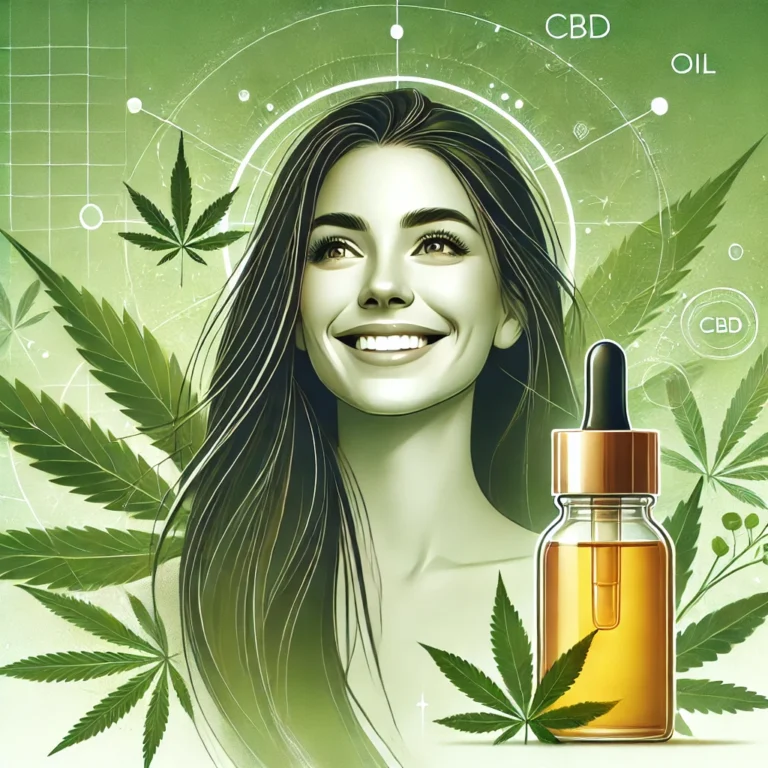Cannabis During Pregnancy and Breastfeeding: What to Know for Safe and Mindful Use
Introduction
Talking about cannabis during pregnancy and breastfeeding means addressing a complex, delicate topic often distorted by prejudice or misinformation. Many women wonder whether cannabis derivatives—especially CBD—can offer relief from symptoms like nausea, anxiety, or pain. But they face a lack of clear, science-based information. This guide presents what the latest research says, what medical guidelines recommend, and what precautions to consider for safe and informed choices.
Current Regulations
In Italy, medical cannabis has been legal since 2007, but access is heavily regulated. During pregnancy and breastfeeding, there is no specific law banning use, but medical prescriptions are extremely rare. Public health authorities like the Italian Ministry of Health strongly discourage cannabis use in these phases due to potential risks for the fetus or newborn.
Effects of Cannabis During Pregnancy
Multiple peer-reviewed studies have highlighted that cannabis use during pregnancy may be linked to:
- Low birth weight
- Preterm birth
- Fetal neurodevelopmental alterations
- Increased risk of behavioral disorders during childhood
According to the American Academy of Pediatrics and journals like Pediatrics and Neuropharmacology, THC crosses the placenta and can interfere with the fetal endocannabinoid system (AAP, 2018; Scheyer & Melis, 2020).
Effects During Breastfeeding
THC is lipophilic and accumulates in breast milk, potentially affecting the infant. Documented effects include:
- Reduced muscle tone
- Newborn irritability or drowsiness
- Possible long-term cognitive changes
Leading health organizations—such as Canadian Family Physician—recommend avoiding cannabis use while breastfeeding (Baker et al., 2021).
CBD and Alternatives: Are They Safe?
CBD, unlike THC, is non-psychoactive and has been explored for anti-nausea and calming effects. However, there is a lack of robust research on its safety during pregnancy and breastfeeding. Additionally, without strong regulation, many over-the-counter CBD products vary greatly in quality, purity, and cannabinoid concentration.
Until well-designed clinical trials are available, CBD cannot be deemed safe in these contexts.
Practical Advice and Medical Guidelines
Major international guidelines suggest the following:
- Avoid all forms of cannabis during pregnancy and breastfeeding unless advised otherwise in rare medical cases.
- Do not consume uncertified, untraceable CBD products.
- Speak openly with your doctor or gynecologist. If they’re not informed, seek a second opinion.
The goal is not to judge—it’s to empower women with reliable information.
Editorial Opinion
We believe in personal autonomy and evidence-based healthcare. But because cannabis is a powerful substance and under-researched in these sensitive periods, it’s crucial to suspend judgment and promote transparent, scientific dialogue.
Not everything natural is safe, and not everything banned is dangerous. Health decisions should be informed, stigma-free, and supported by professionals. Until clearer evidence is available, the precautionary principle applies: avoid cannabis during pregnancy and breastfeeding.
Scientific Sources
- AAP – Marijuana Use During Pregnancy and Breastfeeding (Pediatrics, 2018)
- Young-Wolff et al. – Trends in Marijuana Use During Pregnancy (JAMA, 2017)
- Scheyer & Melis – Prenatal Cannabis Exposure (Neuropharmacology, 2020)
- Bertrand et al. – Umbilical Cord Testing and Marijuana (Obstetrics & Gynecology, 2018)
- Baker et al. – Guidelines on Cannabis Use (Canadian Family Physician, 2021)
Pubblicità
🧠 Prova il Ribaltatore
Ribalta questa frase proibizionista con l'AI e scopri l'ironia dietro lo slogan.
Ribalta "Cannabis During Pregnancy and ..."🔍 Frasi Correlate
Cerca altre frasi e contenuti su questo tema nel nostro archivio.
Cerca "Cannabis news"Supporta Canapalandia
Se questo contenuto ti è stato utile, puoi sostenerci: ci aiuta a mantenere il progetto indipendente e aggiornato.






